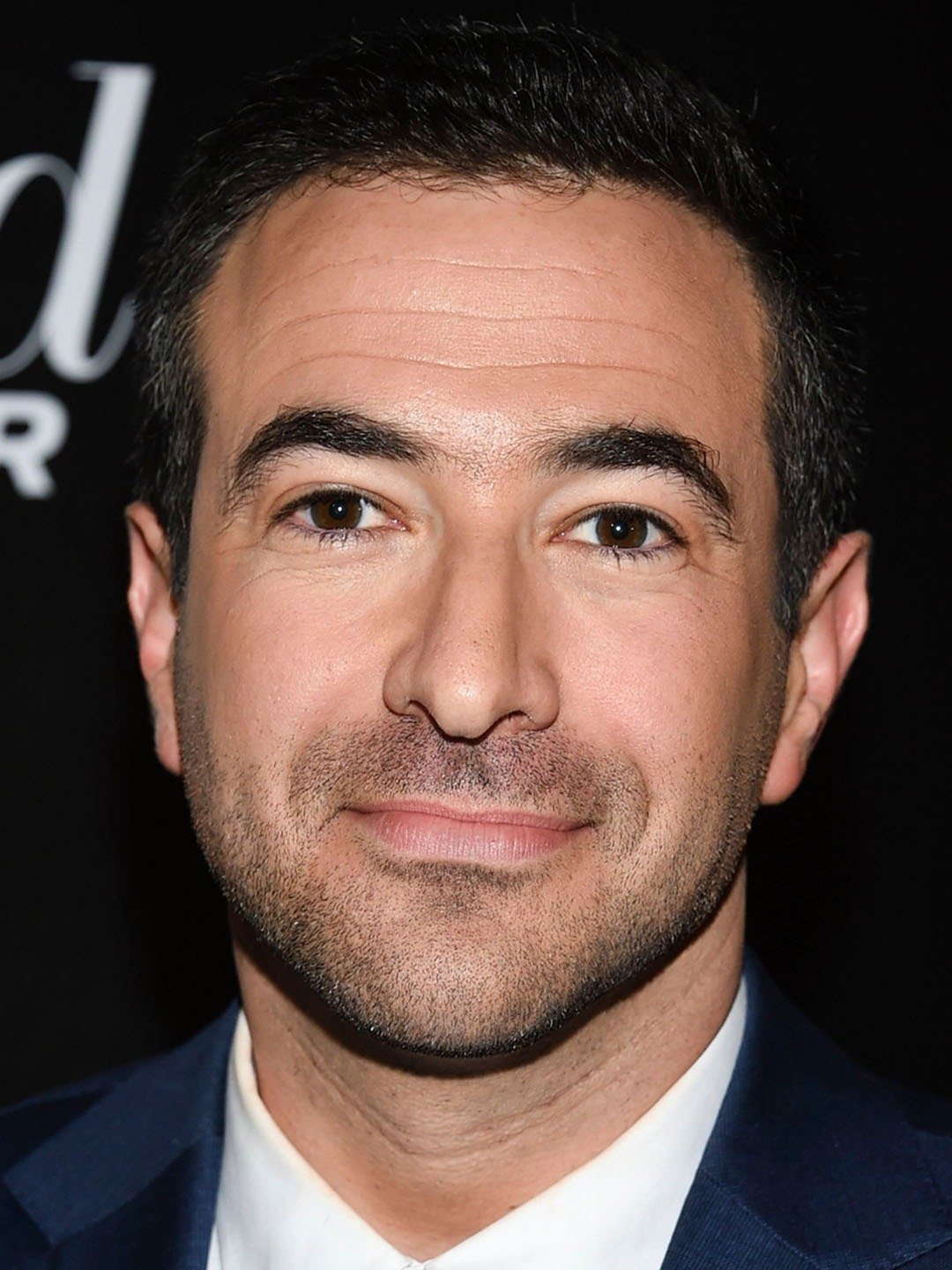When it comes to sensational headlines, the phrase "Ari Melber naked" has sparked curiosity and debate among internet users. However, it's crucial to approach such topics with a critical mindset and separate fact from fiction. In this article, we will delve into the origins of this controversial headline, explore Ari Melber's career, and provide a balanced perspective on the matter.
Ari Melber is a prominent figure in the world of journalism and law. As a respected legal analyst and television host, his contributions to media and politics have earned him recognition. The term "naked" in this context, however, is not literal but rather symbolic, often used in discussions about transparency and vulnerability in public discourse.
This article aims to provide an in-depth analysis of the topic while adhering to journalistic integrity and ethical standards. By exploring the background, context, and implications, we hope to offer readers a comprehensive understanding of the subject matter.
Read also:Harris Faulkners Family A Closer Look At The Life Beyond The Screen
Table of Contents
- Biography of Ari Melber
- Origins of the Controversial Headline
- Ari Melber's Career Journey
- Role in Media and Journalism
- The Concept of Transparency in Journalism
- Impact on Public Perception
- Legal Implications and Ethical Considerations
- Combatting Misinformation
- Conclusion and Final Thoughts
- Sources and References
Biography of Ari Melber
Data and Personal Information
Ari Melber is a well-known legal analyst and television host. Below is a summary of his personal information:
| Full Name | Ari Melber |
|---|---|
| Date of Birth | April 2, 1981 |
| Place of Birth | Brooklyn, New York, United States |
| Profession | Legal Analyst, Television Host, Journalist |
| Education | B.A. in Political Science from Yale University, J.D. from Yale Law School |
Origins of the Controversial Headline
The phrase "Ari Melber naked" has gained traction on social media and search engines. However, it is essential to understand the context in which such headlines emerge. Often, sensationalism is used to attract attention, but it can also lead to misinformation.
According to a study by the Pew Research Center, 62% of Americans get their news from social media platforms. This highlights the importance of verifying sources and understanding the motivations behind sensational headlines.
Ari Melber's Career Journey
Early Beginnings
Ari Melber began his career as a journalist and legal analyst. His expertise in law and media has made him a sought-after commentator on legal and political issues. He has worked with prominent media outlets, including MSNBC, where he currently hosts "The Beat with Ari Melber."
Key Achievements
- Recipient of the Edward R. Murrow Award for Excellence in Journalism.
- Contributor to The Nation and The Daily Beast.
- Recognized for his coverage of constitutional law and civil liberties.
Role in Media and Journalism
Ari Melber plays a significant role in shaping public discourse on legal and political matters. His ability to break down complex legal concepts into understandable terms has earned him a loyal audience. In today's media landscape, where trust in journalism is declining, Melber's commitment to accuracy and integrity is commendable.
The Concept of Transparency in Journalism
Transparency is a cornerstone of ethical journalism. The term "naked" in the context of journalism often refers to the need for openness and honesty in reporting. Journalists must strive to provide accurate information while acknowledging potential biases.
Read also:Lee Ann Morgan The Life Career And Legacy Of A Talented Comedian
According to the Society of Professional Journalists (SPJ), transparency involves disclosing sources, methods, and potential conflicts of interest. This ensures that the public can trust the information being presented.
Impact on Public Perception
Sensational headlines can have a profound impact on public perception. When readers encounter a headline like "Ari Melber naked," they may form opinions without fully understanding the context. This highlights the responsibility of journalists to report responsibly and avoid contributing to misinformation.
A survey conducted by the Reuters Institute for the Study of Journalism found that 44% of respondents believed that sensational headlines were misleading. This underscores the need for media literacy and critical thinking skills among consumers of news.
Legal Implications and Ethical Considerations
From a legal standpoint, the use of sensational headlines can raise questions about defamation and invasion of privacy. Journalists must navigate these complexities while adhering to ethical standards.
According to the American Bar Association (ABA), journalists have a duty to balance the public's right to know with an individual's right to privacy. This requires careful consideration of the potential consequences of publishing certain information.
Combatting Misinformation
Strategies for Identifying Misinformation
- Verify sources and cross-check information with reputable outlets.
- Be cautious of headlines that provoke strong emotional reactions.
- Look for evidence and supporting data in the article.
Misinformation can spread rapidly on social media platforms. To combat this, individuals can take steps to educate themselves and others about media literacy. Organizations like the International Fact-Checking Network (IFCN) provide resources and training to help combat misinformation.
Conclusion and Final Thoughts
In conclusion, the phrase "Ari Melber naked" serves as a reminder of the importance of critical thinking and media literacy in today's digital age. While sensational headlines may capture attention, they can also contribute to misinformation and misunderstanding. By focusing on transparency, accuracy, and ethical journalism, we can foster a more informed and engaged society.
We invite readers to share their thoughts and engage in constructive discussions in the comments section. Additionally, we encourage you to explore other articles on our website for more insights into media, journalism, and public discourse.
Sources and References
- Pew Research Center. (2021). News Use Across Social Media Platforms.
- Society of Professional Journalists. (2023). SPJ Code of Ethics.
- Reuters Institute for the Study of Journalism. (2022). Digital News Report.
- American Bar Association. (2023). ABA Model Code of Professional Responsibility.
- International Fact-Checking Network. (2023). IFCN Fact-Checking Code of Principles.


